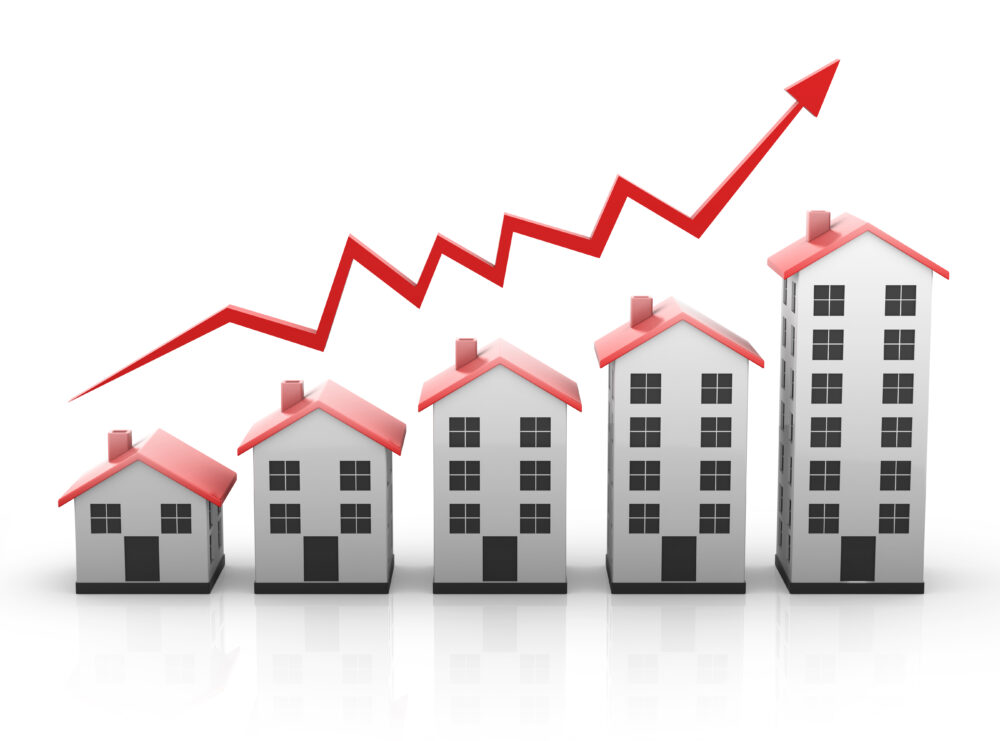- The seasonally adjusted estimate of UK residential transactions in March shows a 1% increase compared to February 2024 – non-seasonally adjusted this figure changes to an 20% increase compared to the previous month.
- The seasonally adjusted estimate of UK non-residential (commercial) transactions in March shows a 1% increase compared to February 2024 – non-seasonally adjusted this figure changes to a 29% increase compared to the previous month.
“The latest property transaction figures from HMRC suggest cautious optimism may be on the cards as we head into the summer season. Whilst the uplift in both residential and commercial transaction volumes is modest, the upward trajectory for the second consecutive month signals that the market is slowly regaining its footing after a turbulent 2023. “On the residential front, the marginal increase aligns with our cautious expectations of a gradual recovery. As economic conditions stabilise and the traditional spring market defrosts from hibernation, more prospective buyers are feeling ready to take the plunge into homeownership, reflected in Zoopla’s latest report showing a 12% annual increase in sales agreed. This month, we have also seen housebuilders give their vote of confidence behind signs of recovery announcing more positive year-end results – an indication the new homes sector may also be on the incline. However, we’re still approaching this tentative rebound with some scepticism, as lingering affordability constraints could still serve as a blocker to progress. “The commercial market is similarly modest in performance, but with stability at its core. A number of buoyant sectors like technology, in particular such as the increasing demand for data centres, are feeding heavily into the overall more positive picture and carrying the weight of others being pulled down by low demand and high debt. Whilst we know the elevated cost of borrowing remains an obstacle for larger commercial ventures, Savills has reported that office take-up in Q4 2023 is the highest quarterly total since 2018, which holds hope for this sector as the year progresses. “To keep the market operating at its full potential, the property industry has to focus on accelerating its digital transformation throughout 2024. Momentum is still being punctuated by antiquated processes that are exacerbating delays, placing unnecessary drag on deal flow. Digitisation is crucial for injecting much-needed efficiency across the ecosystem and maintaining the positive movement we are now seeing will require a concerted effort to streamline operations. A failure to do so risks relegating the market once again into stagnation. The green shoots we’re witnessing demand nurturing – it’s time for the property sector to embrace the future, uninhibited by legacy constraints.”

 Andrew Lloyd
Andrew Lloyd










